Following the Amherst Sept. preliminary election, four candidates are in the running for the two first district council seats in the inaugural Town Council. The candidates are presented in alphabetical order. Some responses have been condensed for publication.
Sharon Povinelli, small business co-owner and Amherst Financial Committee member since 2017
Motivation in running for office: “As a business owner, I have a vested interest in the downtown and…our village centers, schools, libraries and neighborhoods. I balance long-term vision with pragmatic approaches to problem-solving and have years of experience managing change with resilience.”
Three agenda priorities:
- “Stabilizing the tax burden on Amherst residents”
- “Setting the Elementary Schools as the top capital project”
- “Safe, non-motorized access to our village centers”
Povinelli has been a resident of the first district for 21 years.
This will be Amherst’s first town council. How do you envision the town council operating in the town, and what will you do to create this vision?
“I believe in fiscal responsibility, transparency and accountability. It’s critical that our government encourage viable, meaningful participation from our residents. The Charter supports this by creating a Participatory Budgeting Commission and, via the Town Manager, a Residents Advisory Committee. It is incumbent on the Councilors to ensure that this is carried through.”
What is the biggest issue facing the Town of Amherst right now?
“Slowing the increase of residential property taxes feeds into the central challenges facing our Town; it affects our schools, our neighborhoods, our village centers, including the downtown, how we approach our capital projects and our continued level of municipal services.”
What role do you feel local colleges and universities should play in town decisions?
“We are a community of education and educators. Encouraging a symbiotic relationship with UMass, Amherst College and Hampshire leads us to the table as partners invested in and investing toward the health and welfare of the Downtown, village centers and all of our residents.”
As a town council member, how would you balance the concerns of students with the concerns of permanent town residents?
“Students are an essential part of life and business in Amherst. They are representative of our past, and we are a possible representation of their future. This synergy creates vibrancy. By welcoming them into our community, we show them our appreciation of this and encourage them to be responsible community members.”
Cathy Schoen, economist and former Commonwealth Fund Senior Vice President
Motivation in running for office: “I wanted to give back to our community and felt my analytic and consensus-building skills could help address and move past divisive challenges of recent years.”
Three agenda priorities:
- “Prioritize spending on urgent needs, starting with elementary schools”
- “Ensure development enhances Amherst’s economy and community with environmental responsibility”
- “In North Amherst, improve intersection [and] road safety”
Schoen has been a resident of the first district for 35 years.
This will be Amherst’s first town council. How do you envision the town council operating in the town, and what will you do to create this vision?
“Success requires [focusing] on the big picture, thoughtful analysis, outreach to constituents – including students – and working closely with the town manager. The Council must advocate for supportive state policies, including better funding of UMass.”
What is the biggest issue facing the Town of Amherst right now?
“As federal and state tax-cuts reduced funding for towns, Amherst’s primary revenue comes from property taxes, which keep rising. We face challenges paying for services and a backlog of infrastructure needs, [including] schools, fire station, roads and more.”
What role do you feel local colleges and universities should play in town decisions?
“Amherst needs a more equal partnership with [the colleges]. All depend on essential town services – fire, police, snow removal, schools and public services – and should share financial responsibility.”
As a town council member, how would you balance the concerns of students with the concerns of permanent town residents?
“My district has large numbers of students [in] Puffton, Brandywine, North Village, Presidential, etc. As I canvas, they want good transportation, safe roads [and] crosswalks, emergency care, marijuana dispensaries and more – things benefiting all residents.”
Sarah Swartz, Amherst Agricultural Commission, Town Meeting Member, UMass alum
Motivation in running for office: “I am running for Town Council because Amherst is my home. I have spent my entire adult life in this community. I want to bring transparency, honesty and respect for all to this inaugural Town Council.”
Three agenda priorities:
- “To provide affordable housing”
- “[To] broaden the tax base by encouraging an influx of industry and business”
- “[To] work toward more sustainability within our community”
Swartz has been a resident of the first district for 28 years.
This will be Amherst’s first town council. How do you envision the town council operating in the town, and what will you do to create this vision?
“The duties of Amherst’s first Town Council are clearly listed by the Town of Amherst Charter Commission. What I would like to see is that this Town Council be diverse, accessible to the people of Amherst and transparent in its actions.”
What is the biggest issue facing the Town of Amherst right now?
“The biggest issue for the new Town Council is bringing Amherst back together as a whole community – one where people feel that they are being heard, respected and properly represented.”
What role do you feel local colleges and universities should play in town decisions?
“I feel that [the universities] should play a large role in working directly with the Town on major decisions that affect both the colleges and Amherst at large. This important symbiotic relationship must be fostered in a mutually-beneficial manner that takes into account the synergies between these great entities. The enormous benefits that both bring to each other can be developed and fostered in a spirit of cooperation and mutual support.”
As a town council member, how would you balance the concerns of students with the concerns of permanent town residents?
“Students and year-round residents are both important constituents of Amherst. Their needs and concerns are equal and should be viewed as such… I will work hard to involve residents, students and particularly marginalized citizens who feel ‘left out’ the political process. This Town belongs to us all, and we need to make sure that all voices, opinions and needs are heard!”
Nicola Usher, Amherst Survival Center volunteer, Town Meeting Member, undergraduate academic advisor at UMass school of Public Health and Health Sciences
Motivation in running for office: “I want to demonstrate that working moms of young children can and will be part of the decision-making process in this town. It is crucial that there are voices of young families at the table as the future of Amherst is shaped. I value where I live and serving as a town councilor is a way for me to contribute positively to the community I cherish.”
Three agenda priorities:
- “Supporting new and improved elementary school facilities that are fiscally responsible, pedagogically sound and include expanded, affordable preschool options”
- “Increasing our commercial tax base to help offset the residential tax burden for the backlog of essential capital projects we are faced with (elementary schools, fire station, DPW, library, roads and playgrounds)”
- “Overcoming divisive arguments of the past while working together to make transparent policy and legislative decisions”
Usher has been a resident of the first district for five years.
This will be Amherst’s first town council. How do you envision the town council operating in the town, and what will you do to create this vision?
“The Council should prioritize community engagement and education. I am a process-oriented person, concerned with how decisions will be made and communicated. Councilors will need to work together to come up with ways to be accessible and transparent, like councilors holding open hours for constituents at varied times and locations and being thoughtful about having multiple public comment periods when hot-button issues are on the agenda.”
What is the biggest issue facing the Town of Amherst right now?
“Our failing elementary school buildings is the most urgent in my opinion.”
What role do you feel local colleges and universities should play in town decisions?
“The town’s relationship with area colleges and universities needs to continue to be collaborative. The town-gown relationship can be fraught. UMass, Amherst and Hampshire are large employers and our area colleges are major economic contributors to the community, yet students are met with resistance due to sometimes disruptive behavior. We need to find common ground via communication. I’d also like to see further exploration of potential public-private partnerships to address housing and parking needs.”
As a town council member, how would you balance the concerns of students with the concerns of permanent town residents?
“We need to build stronger neighbor-to-neighbor connections, particularly with students living off campus in North Amherst. All of our voices and votes matter, and all of our concerns are legitimate. There needs to be compromise and collaboration. Students are Amherst’s most valuable asset – I envision a local government that appreciates that.”
Editor’s note: Nicola Usher’s position at the Amherst Survival Center has been changed to reflect her role as a volunteer, rather than a coordinator.
Kathrine Esten can be reached at [email protected] and followed on Twitter at @KathrineEsten.

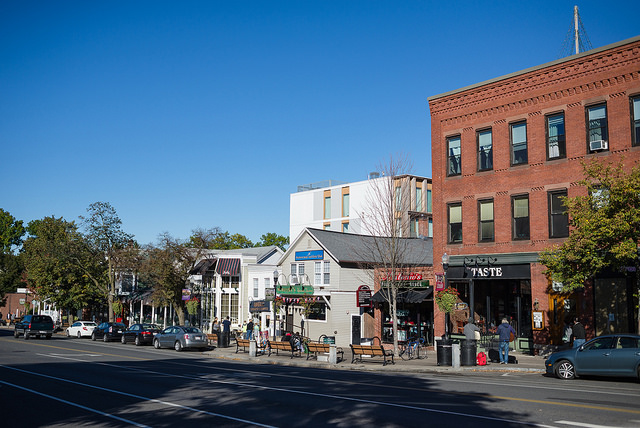


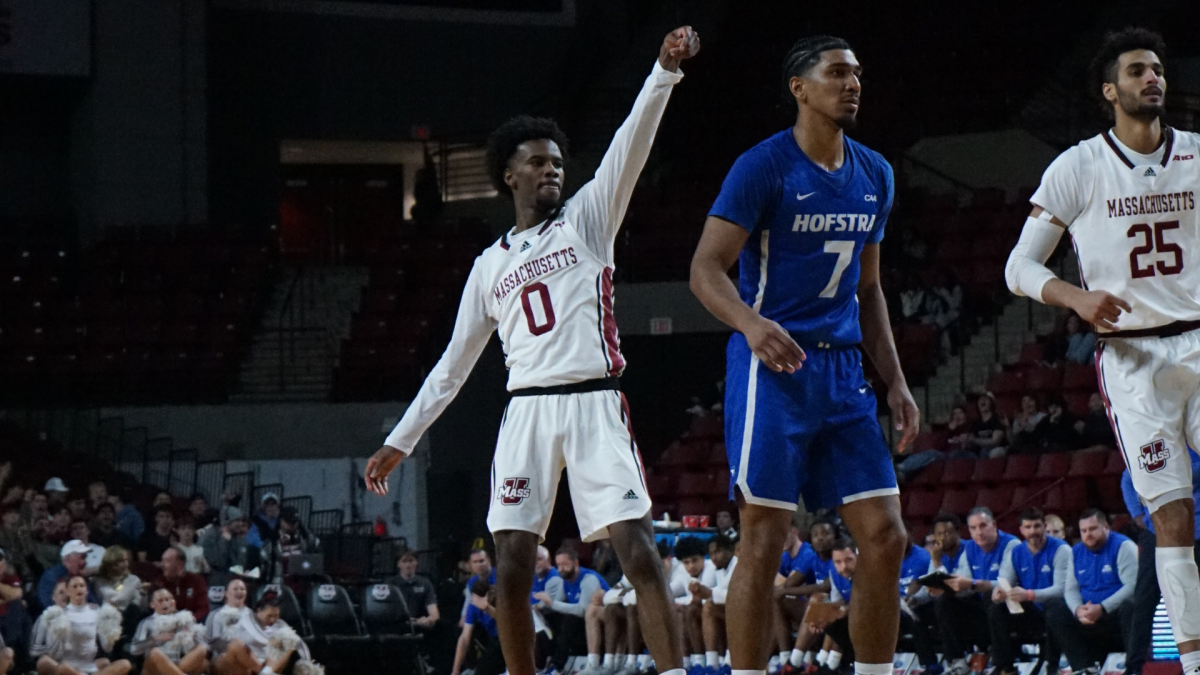



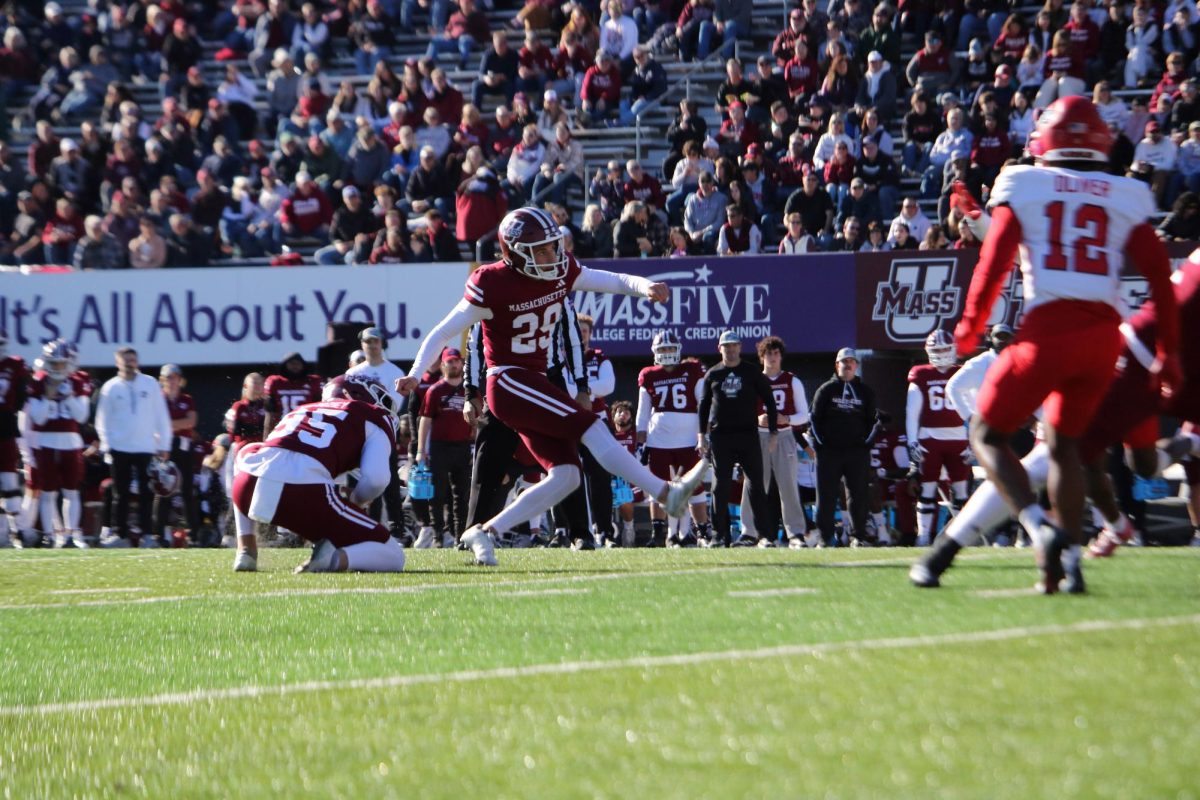
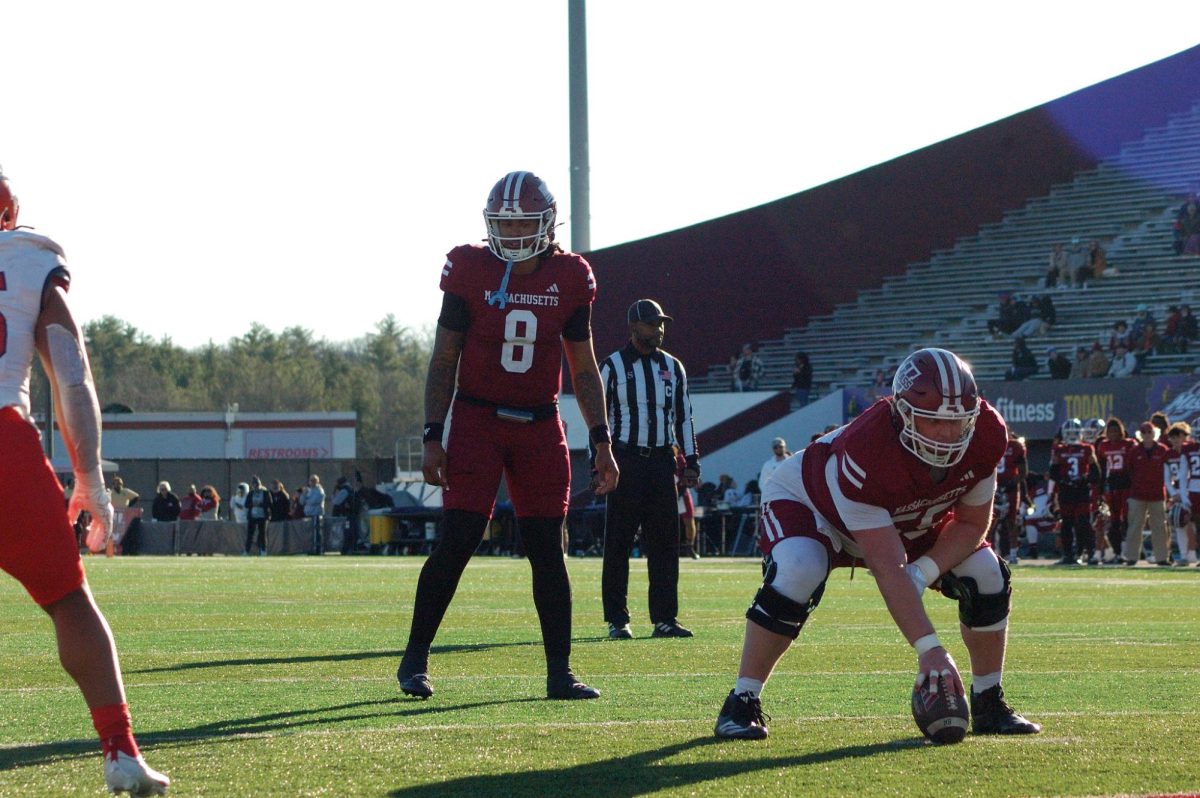

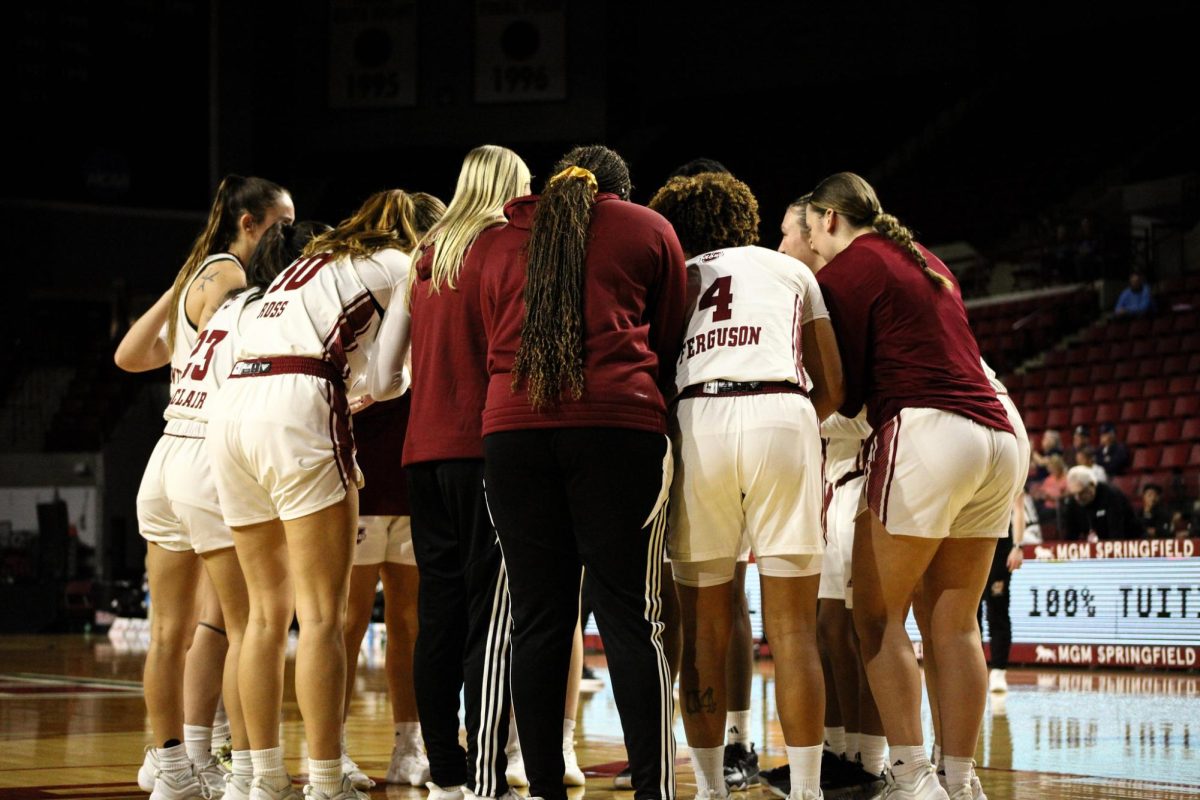
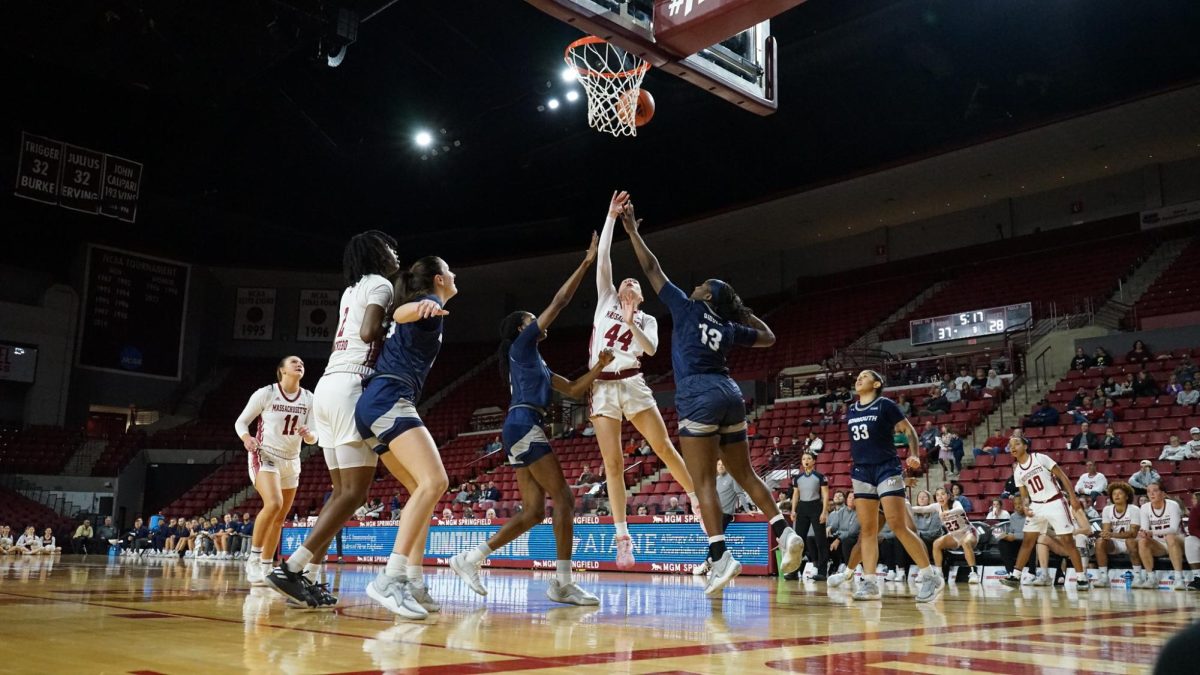








Amy • Oct 9, 2018 at 6:05 pm
Wow so interesting and fascinating. The future kings of Amherst.